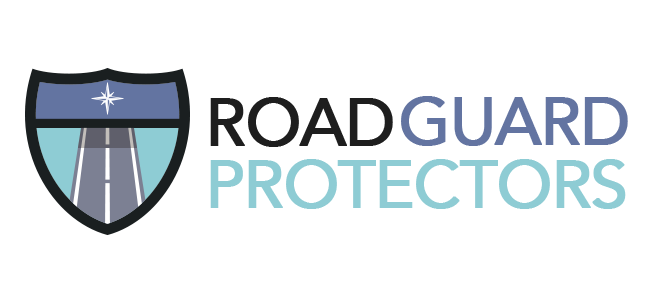Renting a car can be a convenient solution for travel, emergencies, or simply getting around while your vehicle is in the shop. However, when it comes to rental car insurance, many people find themselves unsure about whether they need it and what it actually covers. In this article, we’ll delve into the intricacies of rental car coverage, helping you make an informed decision the next time you’re faced with the option at the rental counter.
Do You Need Rental Car Coverage?
The first question many renters ask is whether they actually need rental car coverage. The answer depends on several factors:
- Personal Auto Insurance Policy: Check your existing auto insurance policy to see if it extends coverage to rental cars. Many policies provide at least some level of coverage for rental vehicles, but it’s important to understand the limitations and exclusions.
- Credit Card Benefits: Some credit cards offer rental car insurance as a perk for cardholders. However, the coverage varies widely depending on the card issuer and the type of card you have. Review your credit card benefits guide or contact your card issuer to understand the specifics of the coverage offered.
- Rental Car Company Policies: Rental car companies typically offer their own insurance options at the time of rental. These options may include collision damage waivers (CDW), loss damage waivers (LDW), and supplemental liability insurance (SLI). While these policies provide peace of mind, they can also add significantly to the cost of your rental.
Understanding Rental Car Coverage:
If you determine that additional rental car coverage is necessary, it’s essential to understand what it includes. Here are some common types of rental car coverage:
- Collision Damage Waiver (CDW): Also known as a Loss Damage Waiver (LDW), this coverage relieves you of financial responsibility if the rental car is damaged or stolen. It typically excludes certain situations, such as driving under the influence or off-road use.
- Supplemental Liability Insurance (SLI): This coverage provides protection against claims made by third parties for bodily injury or property damage caused by the rental vehicle. It’s particularly important if your personal auto insurance policy has low liability limits.
- Personal Accident Insurance (PAI): PAI provides coverage for medical expenses resulting from an accident involving the rental car, including ambulance fees, hospital stays, and medical treatment for injuries sustained by you and your passengers.
- Personal Effects Coverage: This optional coverage protects your personal belongings in the event they are stolen from the rental car. However, it’s worth noting that your homeowners or renters insurance policy may already provide coverage for personal belongings, even when they’re not in your home.
How Does Rental Car Coverage Work?
When you rent a car and purchase additional insurance coverage, the rental company will typically charge you a daily fee for each type of coverage selected. This fee can add up quickly, significantly increasing the total cost of your rental.
In the event of an accident or damage to the rental car, the process for filing a claim varies depending on the type of coverage you have:
-
If you have a collision damage waiver (CDW) or loss damage waiver (LDW), you won’t be responsible for paying for the damage to the rental car, as long as you comply with the terms of the waiver.
-
If you have supplemental liability insurance (SLI), the coverage will kick in to protect you against claims made by third parties for bodily injury or property damage. This can provide invaluable protection, especially if you’re involved in a serious accident.

